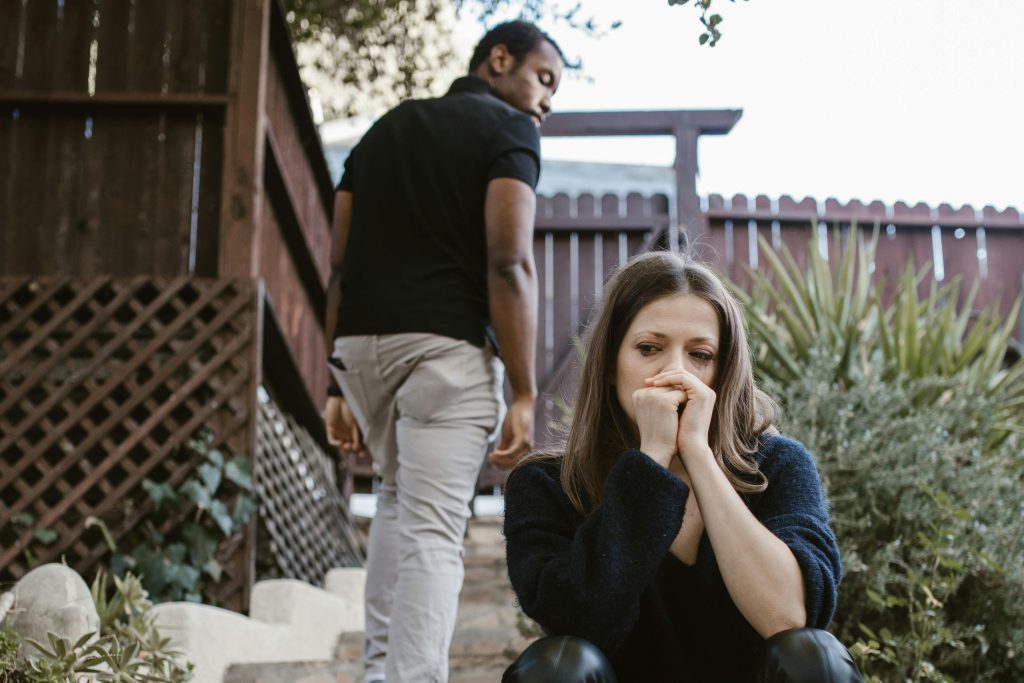One of the hardest parts of a breakup is not always the separation itself—but the silence that follows. You’re left with questions. Why did it end? Did they ever truly care? Was it something I did? The longing for closure can consume your thoughts. But what happens when closure never comes?
This is the reality for many women: learning to heal without the apologies or explanations they deserve. And while it’s painful, it’s also profoundly empowering.
Why We Crave Closure
Closure helps us:
- Understand the “why” behind the ending
- Find emotional peace
- Validate our experience and worth
- Create a clean emotional break from the past
But not everyone gives it. Some people disappear, lie, or simply don’t know how to have mature, honest conversations.
What Lack of Closure Feels Like
When someone leaves without giving you clarity, you may feel:
- Confused or betrayed
- Stuck in the past
- Obsessed with replaying memories for answers
- Ashamed, as if you weren’t “worth” an explanation
These feelings are valid—but they don’t have to define you.
How to Heal Without Closure
- Stop Waiting for the “Why”
- Accept that you may never get the truth—and that’s okay.
- Focus on the facts: it ended, and it wasn’t right for you.
- Close the Chapter Yourself
- Write a letter to your ex—but don’t send it. Say what you need to say for you, not for them.
- Create your own narrative: “It ended because we weren’t aligned, and I deserve better.”
- Reframe the Relationship
- Instead of seeing it as a failure, see it as a chapter that shaped your growth.
- Ask: What did I learn? How did I grow? What will I do differently next time?
- Recognise Their Silence as a Statement
- Silence is a form of closure. Someone who can’t communicate or take accountability has revealed their character.
- Prioritise Your Peace
- Create routines that bring comfort: journaling, walking, therapy, new goals.
- Surround yourself with affirming people and positive experiences.
The Power of Giving Yourself Closure
You do not need someone else’s permission to move on. You do not need their explanation to reclaim your happiness. Closure, at its core, isn’t about what they say—it’s about what you choose to believe about yourself.
You are worthy. You are lovable. And you are enough.
Conclusion: You Can Choose to Heal
Closure is not a door someone else opens for you—it’s one you can close yourself. And when you do, you’re not just moving on from a relationship. You’re stepping into a version of yourself that is stronger, wiser, and more self-assured than ever before.


